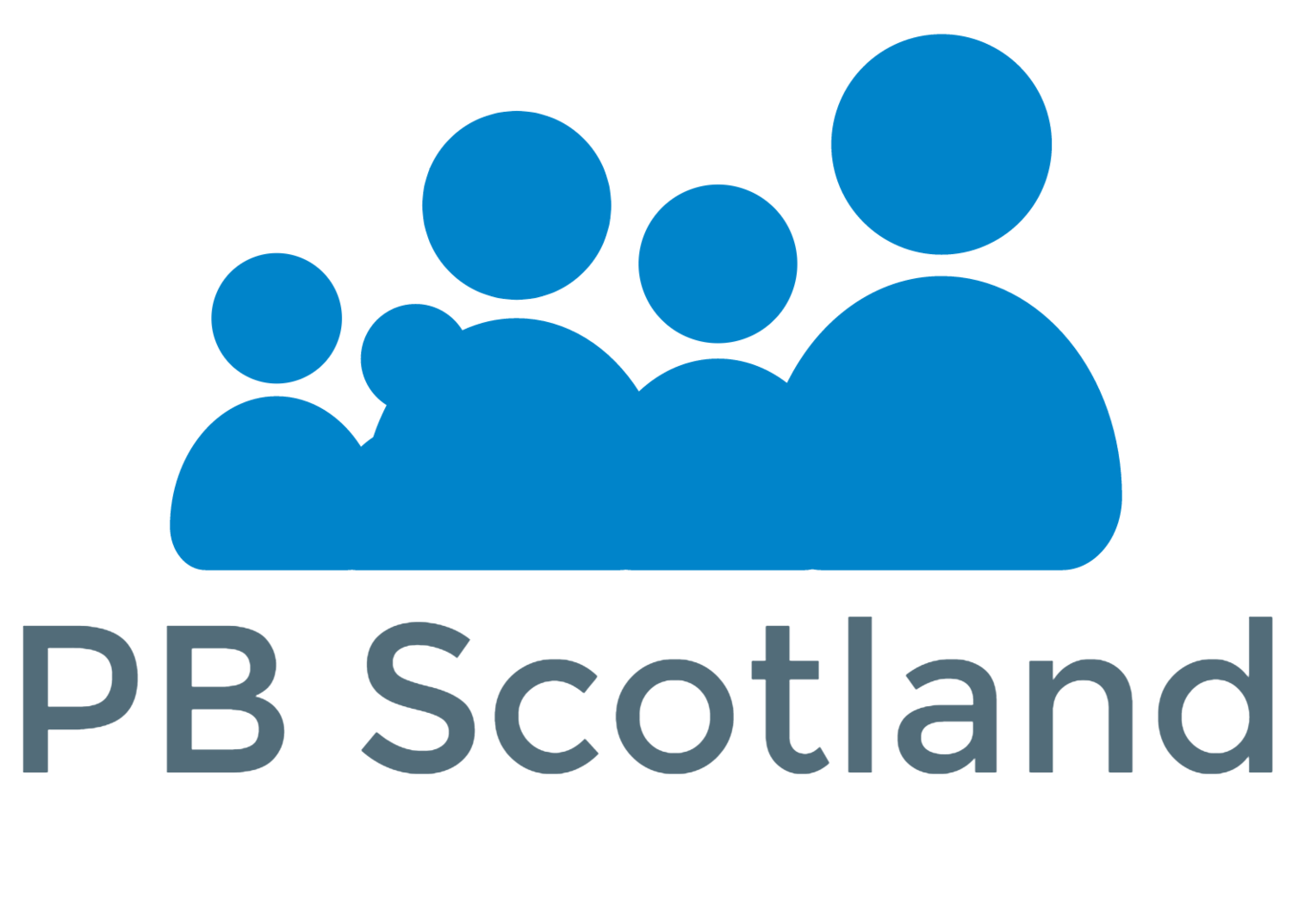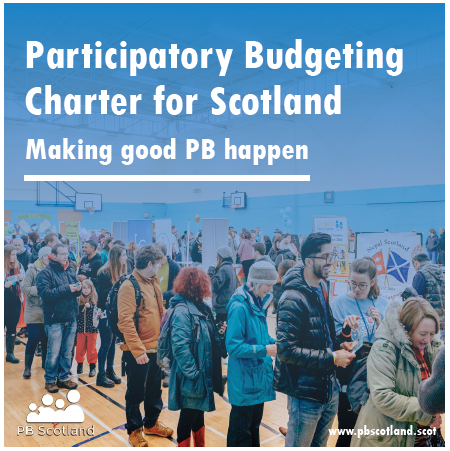Now more than ever, we must trust our communities
/After the release of a £350 million Scottish Government fund to support welfare and wellbeing, David Reilly writes on the role of Participatory Budgeting in building trust, resilience and ensuing community priorities guide our new investments.
‘Fast moving’, ‘social distancing’ and ‘God bless our NHS’; all phrases we’re now familiar with in the age of COVID-19. Amongst these phrases I’ve been holding onto this one: ‘now more than ever’. It’s been used in the even more urgent need to get people who are homeless finally off our streets and applies equally to how we do politics in Scotland.
Our society and our politics have been examined in this crisis like seldom before. While we applaud our public services and communities for stepping forward to combat the pandemic it is right to ask why so many were resistant to messages from our politicians.
It’s not enough to blame people for not listening. We shouldn’t scratch our heads at politicians being ignored by some when new research suggest that only 14% of people in Scotland trust politicians as a group. Politicians are a vilified bunch but the same research suggests the picture isn’t much better for more local and familiar politicians, with just over one in four saying that they trust their local MP (28%).
Professor Yuval Noah Harari writes a brilliant essay on the World After Coronavirus where he warns of a fork in the road, where nations choose to respond to the COVID-19 emergency by ramping up authoritarianism or by trusting our citizens because, ‘to achieve such a level of compliance and co-operation, you need trust’, the coronavirus epidemic, he writes, is therefore ‘a major test of citizenship’.
With COVID-19 we learn that trust really matters in a practical way. Trust in our elected representative and trust in each other, underpinning our social connections, the relationships that contribute to our quality of life and wellbeing’. We know in our hearts that Scotland is strong in these relationships. More new research including the Scottish Household Survey tell us that pre COVID-19 nearly half of Scotland’s people regularly volunteer in the community, and that we rate the neighbourhoods that we live in very highly, including for kindness.
Crucially though, we don’t feel powerful in our communities; with only 20% of people reporting they have influence over local decisions that affect their neighbourhood.
And that’s why Participatory Budgeting is relevant now more than ever. We mustn’t ask communities to step up now only to be told to step back for a return to business as usual. We must bring elected representatives and communities back together to build trust. We must invest in the resilience of our communities and we must make sure that the massive spend of our public money that is going out to protect our communities and kick start our economy must be invested wisely.
Participatory Budgeting (PB) can help meet these urgent needs, and more, when done well. PB done well is purposefully aimed at redistributing power designed and delivered on an equal basis with communities, including real deep deliberation, evaluation and learning. It creates a direct way for citizens to decide how our public money is allocated and trusts and supports them to make decisions based on the priorities of the common good.
PB multiplies social connections and supports community resilience, as seen in Ferguslie Park’s rapid community response to COVID-19. Organisations that have been working together to deliver PB in the neighbourhood came back together to form the Ferguslie Support Group, deliver care packages to anyone who needs it.
Beyond our neighbourhood communities we must continue to hold dear to our communities of interest as they ask that no-one is left behind. We know that trust in politicians is even lower amongst women than men. We know that disabled people are often social isolated and that 78% of people taking in Glasgow Disability Alliance’s action research thought they didn’t have enough say in how money is spent. Despite this, GDA found ‘disabled people overwhelmingly want to be involved in deciding how public money is spent’ and would prioritise combating social isolation and achieving equality.
Whether it be our neighbourhoods, communities of people experiencing homelessness or disability, it’s the communities impacted by COVID-19 who are best placed to decide how and where our investment should go; if we trust them. It’s their priories that matter most, now more than ever.






